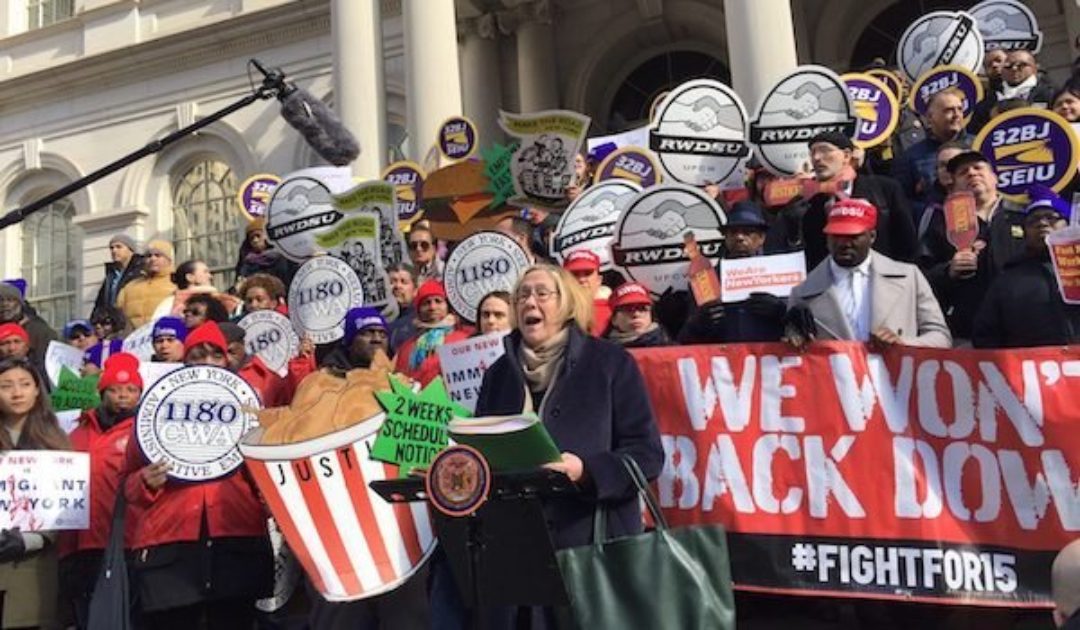
- Home
- Crunchtime Blog
- What is the Fair Workweek Ordinance?

State and Local “Fair Workweek” Laws: The Common Threads...
The movement for worker schedule flexibility continues to grow across America – more states and cities have joined together to shield workers from disruptive restaurant scheduling practices. The “Fair Workweek” ordinance has recently added Chicago to the cause. Chicago joins with New York City, Seattle, San Jose, and the state of Oregon.
Unpredictable schedules have long been the bane of both restaurants and their workforce. For many restaurant team members, an unpredictable shift schedule often wreaks havoc with their ability to maintain a second job, secure reliable daycare, maintain school and study hours, and interferes with their general pursuit of a healthy lifestyle.
Fair Workweek laws center around "predictive work schedules" and they mandate restaurant employers to give their team members at least two weeks’ advance notice of their shift schedules. If schedules change after the two-week notice, restaurants must provide extra pay to those team members affected by those ‘last-minute’ schedule changes.
There are some common requirements among the various states and localities when they enact (or look to enact) fair workweek laws for restaurant companies.
The Common Threads
- Restaurant employers must provide team members with advance written notice of their work schedules, usually at least 14 days in advance.
- Restaurant employers must provide team members with a good faith written estimate of their work schedule on or before their start date.
- Restaurant employers must permit team members to decline working altered shifts/schedules without retaliation if changes are made within the notice window and/or if team members receive premium pay for working the changed shift(s) (with typical exceptions such as if the person is already being paid overtime for the time, or voluntary shift swaps).
- Restaurant employers must offer existing team members available shifts before hiring new employees to fill those shifts.
- Notice and record keeping requirements, whereby employers must post a notice of their employees’ rights, and keep records sufficient to audit compliance with the applicable fair workweek law.
Predictive scheduling legislation is sweeping the United States. It is likely that more cities and states will follow the examples of those with passed Fair Workweek laws. US states with Fair Workweek laws proposed include: Arkansas, Connecticut, Indiana, Ohio, Maine, Maryland, Massachusetts, Michigan, New Jersey, North Carolina, and Rhode Island.
CrunchTime can help all restaurant companies comply with all current and future state and local labor laws to ensure their team members are always taken care of. Let us show you how, here.
To learn more about labor law compliance, visit our full resource library here.
Share this post
Related


Restaurant Labor Laws: Predictive Scheduling

